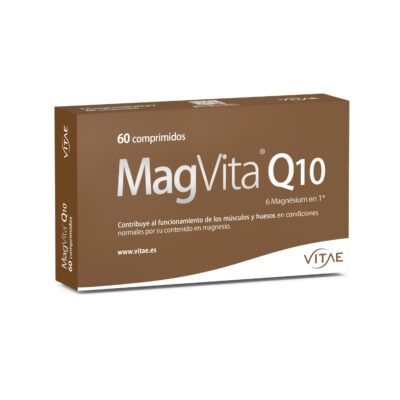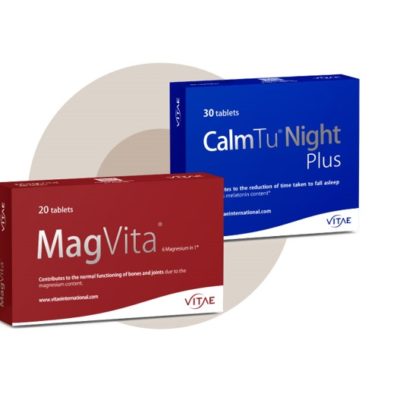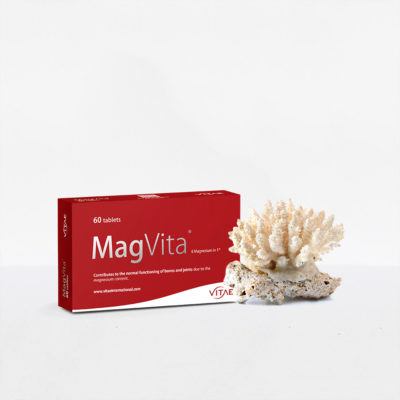Musculoskeletal conditions are one of the main causes of disability in the world, they can occur at any time and difficult our day to day. There are two main groups of musculoskeletal pain, joint pain and muscle pain. In this article we will talk about the second one, the muscular one. We will go through the five key points that we think are important to highlight when we talk about muscle pain.
- Muscle or joint pain?
It is important to detect what type of pain we are suffering, muscular or articular, as in many occasions it is difficult to differentiate it and we can follow to the wrong treatment. In case of pain, it is important to consult your doctor. We want to clarify that muscle pain it can be suffered in any part of the body where there are muscles and we usually feel it when we make a physical effort that our body is not used to it.
On the other hand, joint pain is located where there are joints, such as ankles, knees, knuckles, wrists etc.
- The inflammation
Pain is a sign that indicates that, most likely, the tissue is damaged. Inflammation is a sign that something is not going well. Muscle inflammation causes various physiological reactions that block the proper functioning of the muscle, generating pain in the affected area. In these cases, what we will look for is to regenerate the tissue using natural nutrients.
There are many ingredients considered anti-inflammatories that contain active ingredients that help reduce inflammation. Of course, depending on the case, to notice the effects we should intake a large quantity of the ingredient, therefore, the use of concentrated food supplements is recommended.
An ingredient with a high anti-inflammatory and recuperating power is taurine.
- Magnesium
Magnesium is a necessary mineral for more than 300 biochemical reactions in the body. Among its functions we emphasize that it helps to the maintenance of bones and teeth, contributes to the reduction of tiredness and fatigue and helps the normal functioning of the muscles.
Magnesium is a powerful muscle relaxant as it acts as food for our muscles to relax. When we contract the muscle there is an exchange of calcium and when we relax the muscle of magnesium. When we suffer a lot of muscle tension, the exchange calcium-magnesium is too frequent so our body runs out of magnesium.
If you want to learn more about muscle contractures you can’t miss our article about the topic.
It also has a fundamental role in nerve transmission, which is not only useful at nervous system level to help mental activity, but also for neuromuscular activity by modulating muscle contraction.
The magnesium intake is fundamental since the main way our body regulates magnesium level is through our kidneys. An unbalanced diet, intestinal disorders, high physical activity or drugs, such as diuretics, can cause you a magnesium deficit.
- Bioavailability
Magnesium bioavailability goes hand in hand with the salt it is “connected”. There are different types of salts that can go together with magnesium, but not all of them have the same amount of magnesium. Our body has different absorption levels for each salt and that is why it is recommended to intake different magnesium salts so our body can properly absorb the mineral.
- Healthy habits
Finally, it is important to maintain good and healthy habits: rest properly and manage stress, are two of the most important points. Stress and bad habits exhaust out our body and oxidize it, causing several deficiencies at all levels.
We should never forget that caring and pampering ourselves is a priority.







